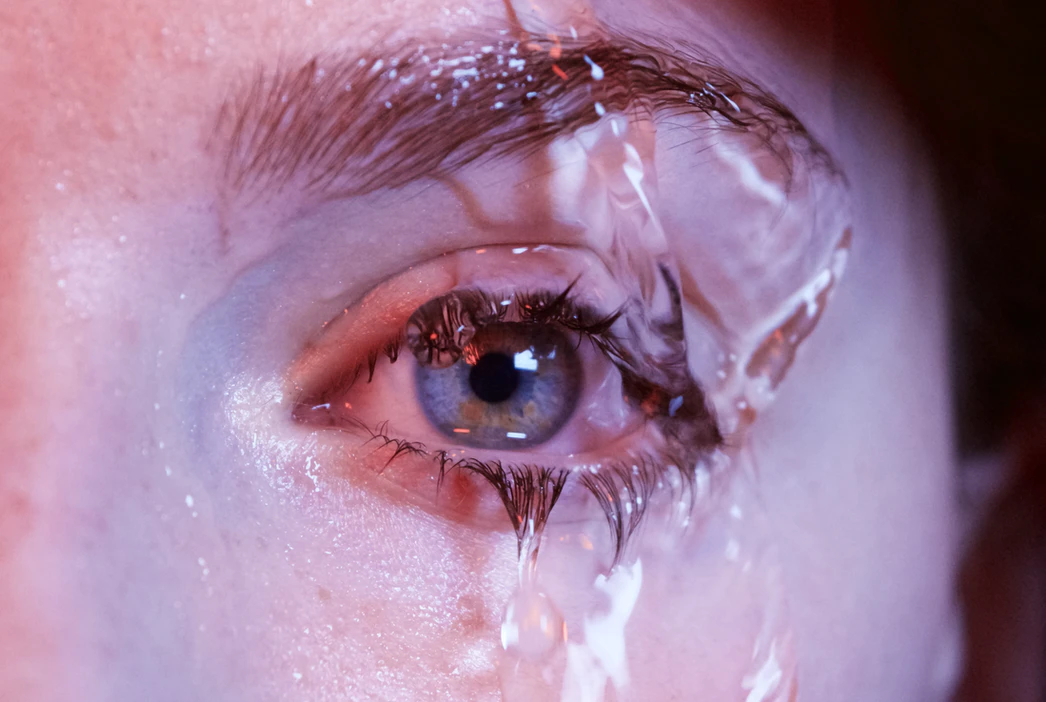Are your days constantly filled with burning, stinging eyes? Do you rub your eyes constantly but the feeling of having something in your eye just doesn’t go away? Do your eyes feel gritty? If you experience any of these symptoms, you probably suffer from a condition known as dry eye.
While dry eye is most commonly diagnosed in middle-aged adults or older, the condition can impact anyone at any age. Dry eye impacts around 4.88 million Americans aged 50 or older.
The good news is that there are many effective ways to alleviate dry eyes naturally. However, some patients require a more permanent solution to live a life without eye discomfort.
Keep reading to learn more about how to alleviate dry eyes naturally.
What Causes Dry Eye?
Dry eye syndrome occurs when the tears aren’t able to provide proper lubrication for the eyes. You may experience dry eyes if you don’t produce enough tears or if your eyes produce low-quality tears.
There are several causes of dry eye. One of the most common is a lack of balance in the tear-flow system. Dry eyes can also be caused by dry air and blowing air.
Dry air dries out the tear film, which can disrupt natural tear production.
Another common cause of dry eye is excessive screen time. If you’re like most people, you look at a screen for hours each day. Spending too much time looking at a screen not only leaves the eyes parched but leads to eye strain and worsened symptoms.
Other causes include:
- Natural aging
- Hormonal imbalances caused by menopause
- Diseases that impact tear production, such as rheumatoid arthritis and Sjogren’s syndrome
- Side effects caused by certain medications like antihistamines
- Damage to the eye that impacts the ability to fully close the eyelids
The good news is that the painful, irritating side effects caused by dry eyes are sometimes easily treated at home.
Ways to Get Dry Eye Relief
There are several natural remedies that you can use to relieve the pain and irritation caused by dry eyes. Here are some of the most effective.
Use Artificial Tears
The go-to option for treating dry eye is to use artificial tears. These products are made with a blend of glycerin and natural oils that restore much needed moisture to the eyes. However, it’s important to avoid overusing artificial tears. Patients should use these drops no more than four times a day.
Apply a Warm Compress
Aside from using artificial tears to lubricate the eyes, applying a warm compress can also be beneficial. Placing a warm, damp washcloth over your eyelids for 10-15 minutes will minimize redness and irritation.
The warm water and moisture helps to liquefy plugs in the eyes. This allows the tears, which are made of water and oily substances, to flow more freely.
Warm compresses can be used as often as needed.
Increase Moisture Levels
Dry eyes can sometimes be caused by dry air. Running a humidifier is a great way to boost indoor moisture levels. Humidifiers add water into the air, which is beneficial in keeping your eyes moist.
This is especially important when using your heating or air conditioner in your home. Indoor heating and cooling takes humidity out of the air, which causes it to be dry.
Rinse the Eyes Frequently
Just as you use a neti pot to clear the sinuses, water can also help with dry eyes. Rinse your eyes frequently with water to remove dust, bacteria, and other debris that accumulates on the eyelids.
If bacteria and dust are left on the eyelids, it may lead to meibomian gland problems, as well as blepharitis, and both can cause dry eye syndrome.
Take an Omega-3 Supplement
You may know that omega-3s support brain and joint health, but these fatty acids also support vision and vision development. Omega-3s improve meibomian gland function. This part of the eye produces the oily substance in tears.
If you don’t want to take omega-3 fatty acids in supplement form, you can add foods that contain a large amount of these fatty acids. Some of the best options include:
- Fatty fish (i.e., tuna, salmon, and anchovies)
- Oysters
- Shrimp
- Seaweed
- Chia seeds
- Hemp seeds
- Flax seeds
Use Prescription Eye Drops
If the above options don’t provide relief from dry eye, you’ll want to discuss using prescription eye drops. Medicated eye drops work similarly to artificial tears in that they keep the eyes moist and lubricated while also supporting proper tear production.
Permanent Dry Eye Solutions from ADV Vision Centers
Now that you know how to alleviate dry eyes naturally, what if none of these options provide the relief you want? The next best option is a permanent solution to correct the underlying problem within the eye.
At ADV Vision Centers, we offer permanent solutions, such as corrective eye procedures, cataract surgery, and other treatments that may alleviate symptoms of dry eyes. With the right solution, your eyes will feel better than ever before.
Stop letting dry eye syndrome impact your quality of life. Make an appointment with one of our specialists at ADV Vision Centers to get the treatment you need. After undergoing a thorough eye examination, one of our ophthalmologists will discuss surgical treatment options.
Schedule a dry eye consultation appointment by calling our team of experts at (805) 954-9211 or by using our LASIK self test today!









